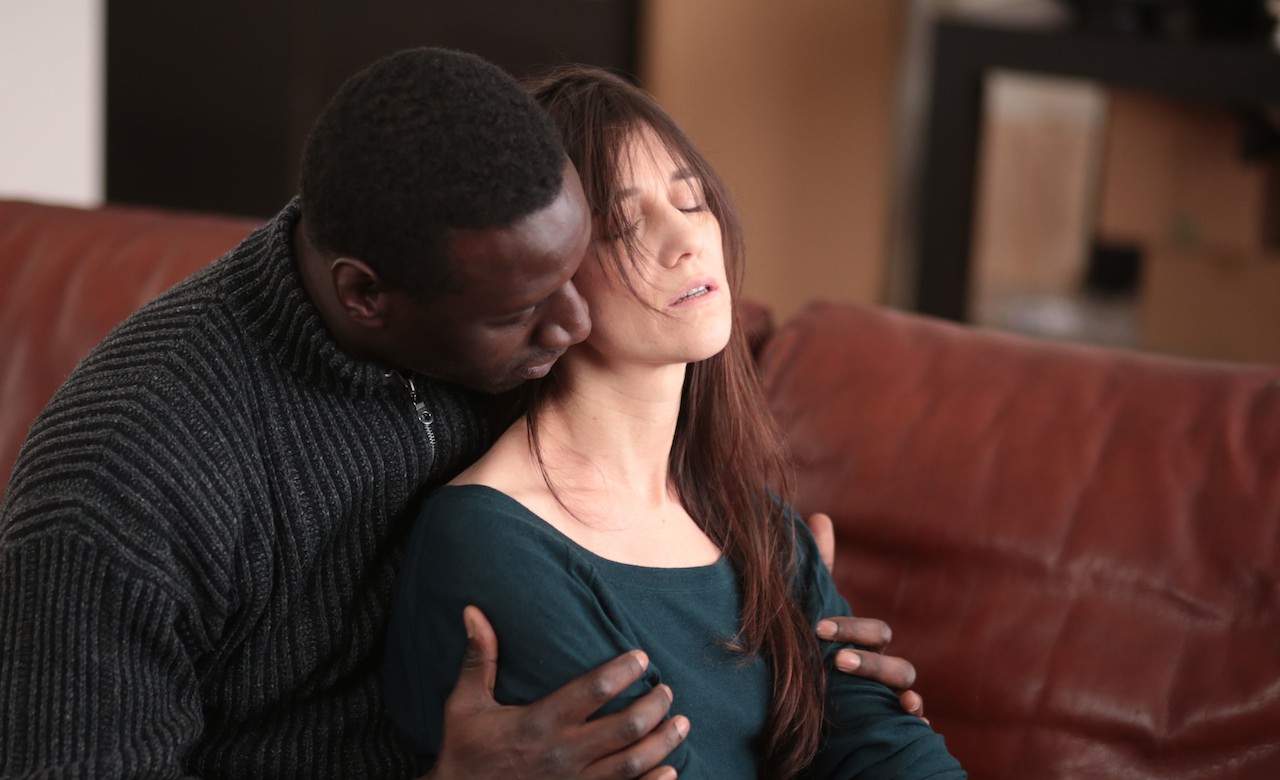Samba
A preposterous yet enjoyable French romance from the makers of The Intouchables.
Overview
Why are French films so good even when they’re so bad? How does a mainstream drama masquerade as a classy arthouse film?
Since the unlikely plot machinations of Gone Girl, there’s been much talk of preposterous thrillers; what Samba gives us is a preposterous romance. Charlotte Gainsbourg is an impossibly stylish yet under-confident social worker who falls in love with one of her clients, Senegalese immigrant Samba Cisse (Omar Sy), who’s in a detention centre and legal limbo despite ten years of work and life in France.
A ridiculous scenario! So why do we buy it? And how exactly do the French do middlebrow cinema so well?
Samba is co-written and directed by Olivier Nakache and Eric Toledano, the team behind the 2011 feel-good hit The Intouchables that introduced the world to French-Senegalese actor Sy. I’d be surprised if Nakache and Toledano ever let him go — Sy is a super charisma bomb and genuine movie star. Gainsbourg is typically lovely and captivating, but really, it’s all about Sy.
The film’s comedic beats are sprinkled evenly, the intelligent and photogenic romantic leads dance awkwardly and endearingly around each other as expected, all the loose ends are tied — and every stereotype of a French film is fulfilled. It's all pleasingly predictable. An Australian or British filmmaker might play Samba as gritty social-realist cinema, but in French hands it's closer to a rom-com with a dash of humanitarian consciousness, with a perilously close move to melodrama in the third act.
The opening scene lays out the film’s more serious themes beautifully. We open on a group of Gatsby-era dancers on stage, glittering and red-lipped, a swing remix playing, and as the camera pulls back indulgently, a giddy bride and groom in punch-drunk love cut a huge cake. We follow as the cake is whisked out of the ballroom, through swinging service doors and into the sweaty, stressful kitchen, to be cut, plated and served.
Across that threshold, the Luhrmann-style extravaganza immediately gives way to a hospitality class of invisible, non-white, super-stressed labourers. This one long take gives us a perfect, efficient view of how racial segregation continues in contemporary democracies — that the luxuries of the upper classes are fuelled by the sweat of migrants who renounce many basic rights for the 'privilege’ of living in the developed world.
A film about the immigrant’s struggle might seem overly dry, but Samba is drenched in that amazing French cinema slickness. It’s an easy date film, a stay-in-on-Friday-with-pizza-and-wine film, the type of socially acceptable, trashy indulgence you don’t have to feel humiliated about (the anti-Fifty Shades of Grey). It’s the filmic equivalent of Cafe del Mar easy listening: it’s watchable. The direction and music and cinematography are so seamlessly invisible, and the lead performances so natural, the film appears to be directed on autopilot.
Most of all, Samba is neither a good nor bad film; it’s a disturbingly competent one. Still, it’s a minor victory every time a film for grown ups that's not part of a Marvel-ised 'story world' makes it to theatres. And you get to spend a couple of hours with Charlotte Gainsbourg and Omar Sy.





